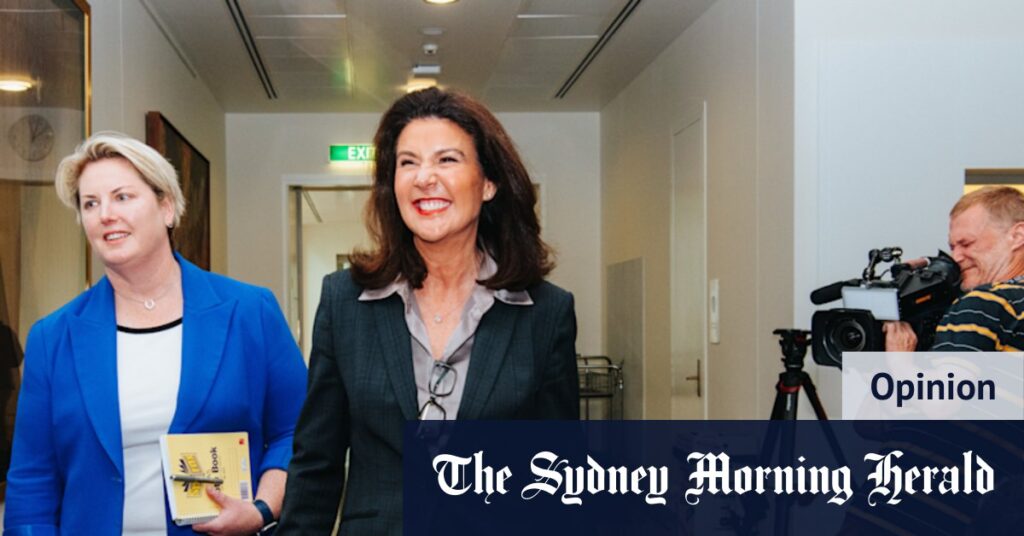Much of the opposition to the changes has been insanely melodramatic. But what was just as interesting to watch is the way that, not long after the recent outcry, debate began shifting back in the other direction – via a series of comments and columns by experts, journalists and those with relevant experience.
Loading
Meanwhile, the government did something equally surprising, which is that, publicly, it did not get too involved.
You can view all this as a positive sign for the government’s ability to pursue reforms: a tolerance for debate accompanied (eventually) by a surprisingly mature discussion in the public sphere. That said, this leads to the inevitable question: what does the government do next? Since its early days, it flagged difficult discussions with the public around the budget and tax. Finally, we actually seem to be having one of those discussions. Moreover, it seems to be going the government’s way. So what does Labor do with it – pocket the immediate victory and move on or try to keep that discussion going?
Last term, inflation pushed aside many discussions, not just on tax. The election over, there is a sense of growing impatience in some quarters at the relative silence on some topics.
Last weekend, another ex-frontbencher, Labor’s Ed Husic, wrote in The Guardian about Gaza. Calling for Australia to do more, Husic described “critics, or those lacking courage in the face of this humanitarian catastrophe” applying “great energy to talk us all out of speaking up”. In the same fortnight, two major Australian writers accepting major prizes addressed the topic. Michelle de Kretser spoke of “scholars, creatives and journalists silenced” while “institutions and our media betray the principles they’re supposed to uphold”. Nam Le asked what use harmony was “if it only and always exists on terms dictated by power?”
Loading
It’s a question that has resonance, too, in the aftermath of the Indigenous Voice to parliament referendum loss. Last week, a young Indigenous man died. After being restrained by police in a supermarket, he stopped breathing. As his grandfather pointed out, this happened on the five-year anniversary of George Floyd’s death at the hands of US police officers. We should be asking ourselves why there is not – among non-Indigenous people – comparable outrage here. Those who defeated the Voice celebrated the rejection of what they argued was a “divisive” proposal. But national unity has not, so far, done Indigenous people any good at all.
Together, these topics should remind us that it is not only politicians who start national conversations. And they should also remind us that despite the impression sometimes given by much of the political class, tax and productivity are not the sum of who we are as a nation, and nor are they the only challenges we face these next three years.
With a newly dominant government, there will be lots of demand for contributions from others. As backbenchers begin to test their voices, and the rest of us decide how seriously to take them, they should think carefully about what topics deserve their attention and ours.
Sean Kelly is an author and a regular columnist. He’s a former adviser to Julia Gillard and Kevin Rudd.
Get a weekly wrap of views that will challenge, champion and inform your own. Sign up for our Opinion newsletter.
Read the full article here


